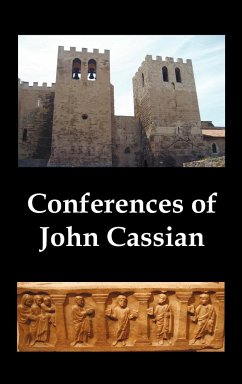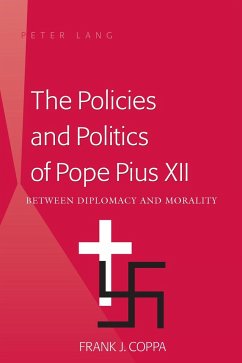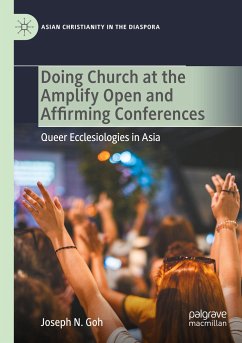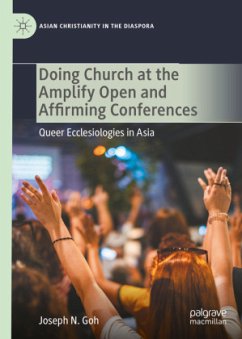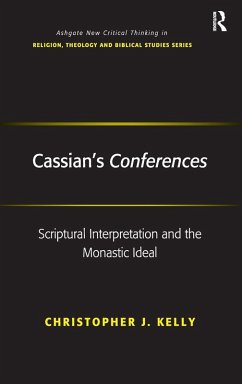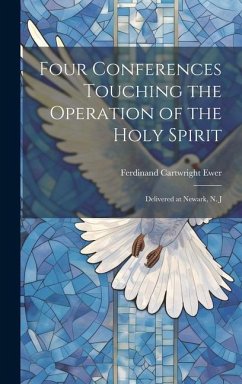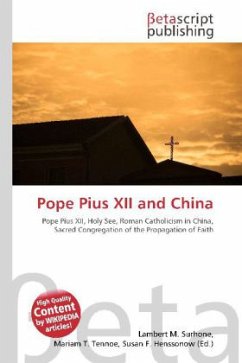A monk and ascetic writer of Southern Gaul, and the first to introduce the rules of Eastern monasticism into the West. Born probably in Provence about 360, he was the son of wealthy parents and received a good education. In Bethlehem Cassian became a monk, but, desiring to acquire the science of sanctity from its most eminent teachers, the Desert Fathers and Mothers, with the permission of his abbot he left with a companion for the Egyptian deserts. They did not see Bethlehem again for seven years. During their absence they visited the solitaries most famous for holiness in Egypt, and so attracted were they by the great virtues of their hosts that after obtaining an extension of their leave of absence at Bethlehem, they returned to Egypt, where they remained several years longer. It was during this period of his life that Cassian collected the materials for his two principal works, the Institutes and Conferences. From Egypt the companions came to Constantinople, where Cassian became a favorite disciple of St. John Chrysostom. The famous bishop of the Eastern capitol elevated Cassian to the diaconate, and placed in his charge the treasures of his cathedral. After the second expulsion of St. Chrysostom, Cassian was sent as an envoy to Rome, where he was ordained to the priesthood. From this time Germanus is no more heard of, and of Cassian himself, for the next decade or more, nothing is known. About 415 he was at Marseilles where he founded two monasteries, one for men, over the tomb of St. Victor, a martyr of the last Christian persecution under Maximian (286-305), and the other for women. The remainder of his days were passed at, or very near, Marseilles. His personal influence and his writings contributed greatly to the diffusion of monasticism in the West. Although never formally canonized, St. Gregory the Great regarded him as a saint, and it is related that Urban V (1362-1370), who had been an abbot of St. Victor, had the words Saint Cassian engraved on the silver casket that contained his head. At Marseilles his feast is celebrated, with an octave, July 23, and his name is found among the saints of the Greek Calendar. -From the Catholic Encyclopedia
